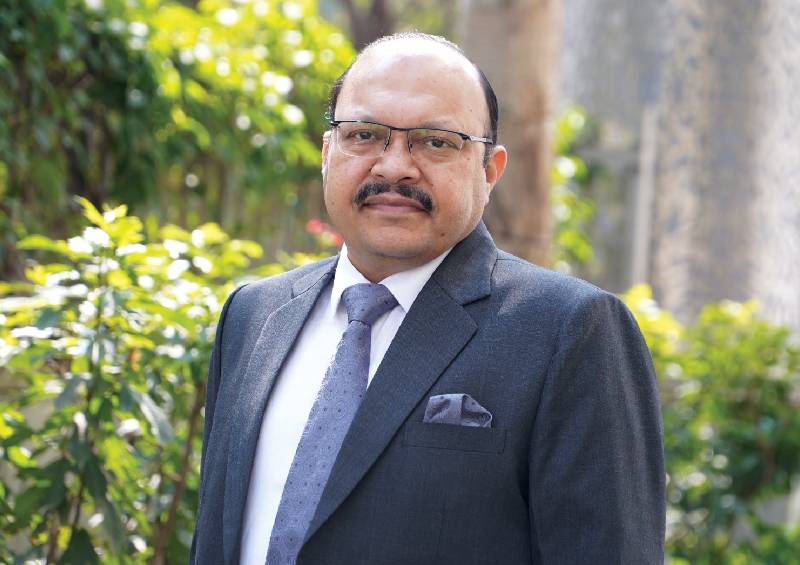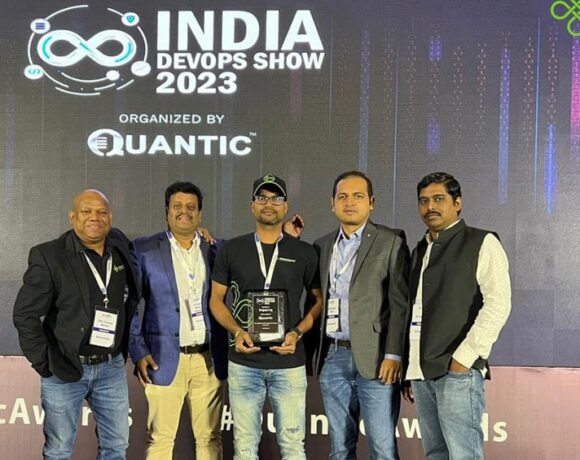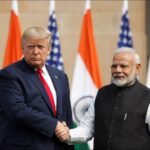RSWM Ltd: Leading With Legacy And Sustainability

RSWM Ltd, one of the oldest players in the Indian textile industry, has been a key player since its inception in the 1960s. With a rich legacy spanning over six decades, the company has consistently been at the forefront of the industry. The leadership, under Chief Executive Officer Rajeev Gupta, is committed to upholding the core values that have driven the company’s success: business ethics, customer-centricity, innovation and sustainability.
Commitment to Sustainability and Innovation
A key focus for RSWM is sustainability, with a clear commitment to eco-friendly practices. The company has been pioneering in the recycling of PET bottles into polyester fibres since 2015. Currently, RSWM recycles 1,830 million PET bottles annually, producing over 43,000 metric tonnes of recycled polyester fibre each year.
“At RSWM, we view sustainability not just as an operational strategy, but as a responsibility towards the planet and the future. Our work in recycling PET bottles into polyester fibres has made a tangible difference, reducing waste while driving growth. We are proud of our contribution to a cleaner environment, and this is just the beginning of our journey towards a more sustainable future,” states Gupta.
While the initiative helps the company’s business interests, it also contributes positively to the environment. Despite challenges in sourcing recycled bottles due to India’s limited recycling infrastructure, RSWM is dedicated to increasing the collection and recycling of plastic waste to reduce environmental damage.
“We are aware of the challenges in the recycling landscape, but we are not deterred. Our aim is to play a leading role in increasing the collection and recycling of plastic waste, not just for our business but to set an industry benchmark,” adds Gupta.
Growth Amidst Global Challenges
The textile industry in India has benefitted from the government’s focused attention on the sector, with initiatives like the Production Linked Incentive (PLI) scheme driving both domestic and export growth. RSWM, however, faces several challenges on the global stage, including geopolitical tensions, particularly the Russia-Ukraine conflict, which has disrupted European demand. While home textiles continue to perform well, standalone spinners are facing challenges due to reduced demand from key export markets such as China and Bangladesh.
Despite these challenges, RSWM remains resilient, with a strong domestic presence and a diversified business portfolio that has allowed the company to remain competitive in a fluctuating global market.
“In every challenge, we see an opportunity to innovate and adapt. While global disruptions like the Russia-Ukraine conflict pose difficulties, we are exploring new markets and diversifying our product offerings to stay competitive. Our resilience is a direct reflection of our commitment to growth, innovation and long-term sustainability,” Gupta avers.
Diversification and Expansion Plans
RSWM has strategically diversified into different segments within the textile industry. The company’s primary business remains in synthetic yarn, including dyed, grey and mélange yarn. In 2022, the company strategically forayed into the knitting industry, further strengthening its market presence through the acquisition of Ginni Filaments, adding 4,200 metric tonnes of annual production capacity. This expansion brings the total annual knitting capacity to 9,000+ metric tonnes.
Gupta reflects: “Our diversification strategy has been key to adapting to changing market dynamics. The acquisition of Ginni Filaments has significantly enhanced our knitting capacity, and we are excited about the future growth potential in this segment. This will complement our existing strengths in yarn & denim fabric and further solidify our position as a leader in the industry.”
The denim segment has also seen growth, with RSWM producing 32 million metres of denim fabric annually, 30% of which is exported. The company has plans to further expand its capacity in denim and knitted fabric, aiming for a more substantial share in the growing market.
“Our denim segment is one of our most promising growth areas. With our current expansion plans, we are confident that we will be able to capture a larger share of both the domestic and international denim market,” adds Gupta.
Challenges in the Yarn Business
RSWM’s yarn business, while still a significant contributor to revenue (approximately 60%), faces intense competition, especially from cheaper imports from China. The imposition of import duties on cotton further impacts the competitiveness of Indian yarn producers. Nonetheless, RSWM continues to explore ways to improve its cost structure and is committed to long-term growth.
Gupta acknowledges: “The yarn business is facing unprecedented challenges, but we remain focused on improving our operational efficiency and cost competitiveness. The market will continue to evolve, and so will we. Innovation is central to our ability to thrive amidst these challenges.”
Looking Ahead: Growth and Expansion
In 2025, RSWM is focused on expanding its denim and knitting businesses, while continuing to grow its core yarn segment at a sustainable rate. The company is evaluating several projects, including a significant 730-crore investment, aimed at further strengthening its position in the textile value chain. This expansion is aligned with RSWM’s vision to be a key player in the textile industry for years to come, both domestically and internationally.
“Looking ahead, we are focused on strategic growth and investing in our core and new business segments. The expansion plans we are evaluating will reinforce our competitive edge and provide sustainable growth for years to come,” informs Gupta.
For the fiscal year 2025, RSWM is aiming for robust and sustainable revenue growth, following an expected 20-25% growth in 2024. With a focus on innovation, sustainability and strategic expansion, RSWM Ltd is poised for continued success in the dynamic textile industry.
“Our vision for 2025 and beyond is to grow responsibly, continue innovating, and remain a leader in the textile industry. We are committed to bringing value to our stakeholders, our employees and the environment, while ensuring our long-term success,” concludes Gupta.














